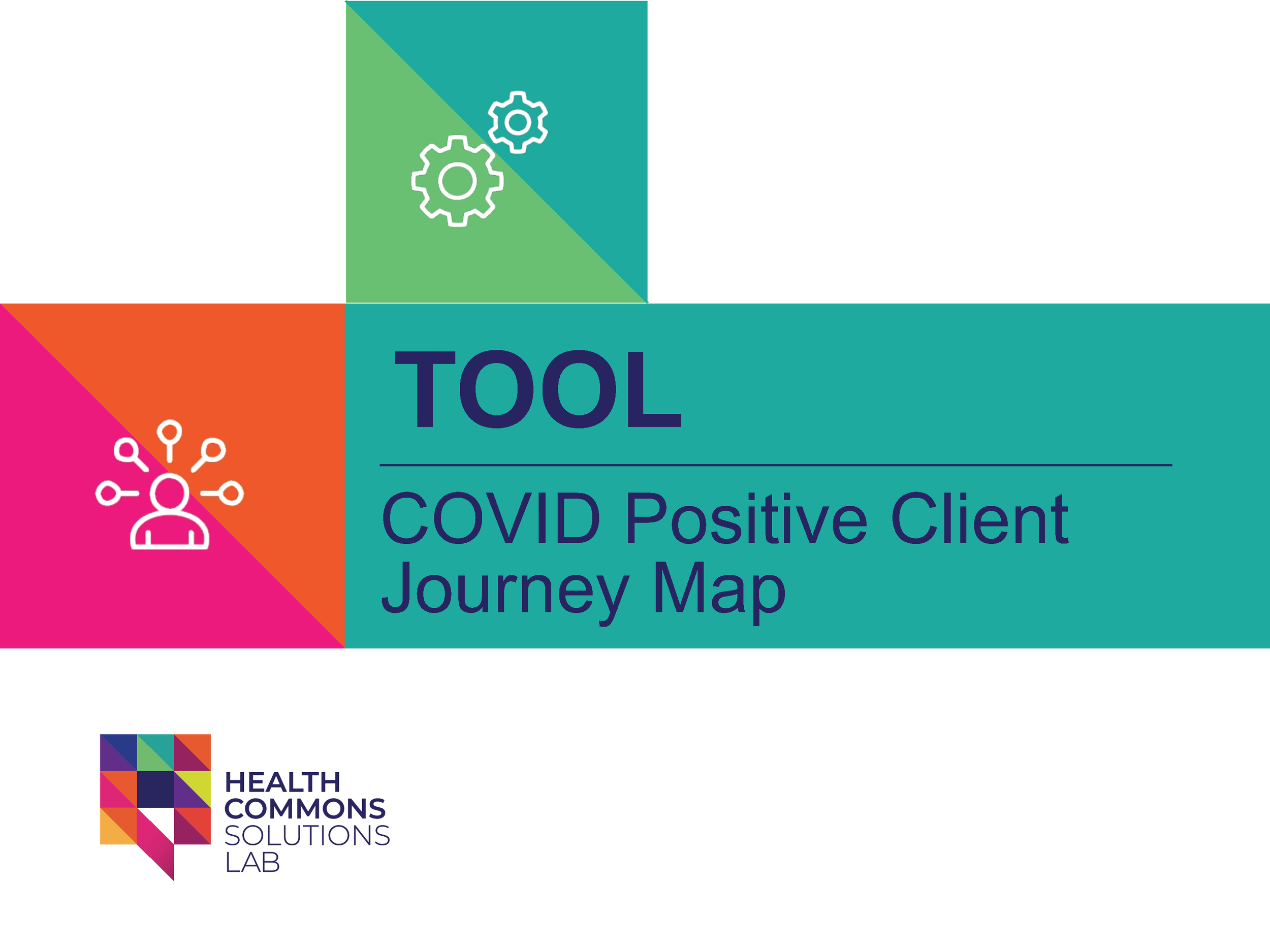COVID-19 Recovery Sites For People Experiencing Homelessness
Mapping the client journey to improve access and share early experiences in the field
A project by Dr. Gillian Kolla and Health Commons Solutions Lab
The Challenge
The COVID-19 pandemic has required an unprecedented response from public health, shelter and healthcare partners to meet the needs of people experiencing homelessness. While public health experts advise us to keep two metres apart and stay home if we aren’t feeling well, not everyone in our city is able to do that. People experiencing homelessness, living in the shelter system, and/or who remain unsheltered are at severely increased risk for contracting the virus due to the crowded spaces available to them and the lack of economic and social supports available to make remaining in place possible.
In response to the pandemic, a group of Toronto healthcare and municipal partners set up recovery sites for people experiencing homelessness who tested positive for COVID-19. The undertaking was complex, facing many unknowns about how the pandemic would progress, and bringing together multiple teams. This work has been done without a roadmap, and the process has required all involved to continuously test, refocus and shift their approach. Partners involved in the site felt it was of upmost importance to ensure that concerns and expertise from the community and clients could be mobilized in the development of current and future sites.
The Approach
Dr. Gillian Kolla and the Health Commons team were asked to lead a rapid community consultation process around the future opening of COVID-19 recovery and isolation sites in Toronto for people who are under-housed. These COVID-19 recovery and isolation centres are unique in that they are not quite hospitals, but not quite shelters. This poses a number of challenges and opportunities for partners working together at this intersection of social and health care.
This work was guided by an advisory group including executive leadership involved in operating two of the recovery sites (Angela Robertson, Parkdale Queen West Community Health Centre; Andrew Bond, Inner City Health Associates; Andrew Boozary, University Health Network).
This work included talking to as many people as possible over a 4-week period:
We held meetings of community partners including both those involved and those not directly involved in operating the sites. At these sessions, we facilitated discussions to understand what challenges remain on the ground for partners working with people experiencing homelessness and how the services for clients with COVID-19 could be best planned.
To better understand the experience of these individuals, we spoke directly to 9 clients currently staying at one of the recovery sites to learn about their journey.
We also spoke with over 100 people through interviews and multiple meetings with community, hospital and city partners, as well as with staff and managers at the sites.
This process resulted in a series of learnings for future recovery sites, and insights from those on the ground about how to best provide respectful and dignified care for those in need.
The Outcome
Throughout this process, we observed the impressive amount of work by partners to set up a compassionate, unique service model in a short period of time. Clients overwhelmingly reported having a positive experience during their stay at the recovery site and staff were committed to ensuring a human-centred and dignified service approach. We also gathered suggested improvements to the testing, referral, and discharge processes that clients and staff felt would improve the experience of coming and leaving the sites. Despite being diagnosed with a potentially fatal disease, homelessness, having to stay in the shelter system and the lack of stable housing remained the largest concerns of clients, staff, and community partners.
Here’s what was accomplished together with our project co-lead, Dr. Gillian Kolla, and the many partners who contributed to this process…
Rolling back plans for a large-scale congregate recovery site
The first phase of engagement focused on 1:1 interviews and leadership meetings to surface concerns about the planned 400-bed site and create a forum for honest dialogue about risks, complexities, and potential challenges of such a model. The result was a decision to abandon plans for the open-concept congregate site in favour of a hotel-based strategy where medical, community and harm reduction, and peer supports would be provided onsite.
Surfacing issues essential for site operations
Community agencies and advocates shared their expertise on principles and policy questions related to how the sites would operate, including issues like the need for harm reduction service, providing a safer supply of drugs and alcohol onsite, clients leaving the site, and meeting the needs of distinct populations – from refugees and newcomers, to women and families experiencing violence, to people living rough and who are unsheltered. That feedback also helped Toronto Region implement proactive and accelerated testing in shelter and congregate settings.
Hearing from clients about their needs
Through a series of 1:1 interviews with clients at the Etobicoke recovery site, a map of the client journey was developed to illustrate the experience from initial COVID-19 test to eventual discharge from the site. This provided valuable input on what would make it easier to remain in place at the site and highlighted important gaps in the process at the system level.
“This is a better place to be, and someone wouldn’t want to leave. If I get a place like this, I’ll be fine.””
Supporting rapid implementation of new multi-disciplinary teams
Much of the success of current sites has been due to a strong, highly committed team. We engaged directly with staff working at the sites to understand their experience and provide feedback to leadership of current and future sites on opportunities for improvement. For instance, the teams have moved to integrate a range of harm reduction services into the model of health and social care. Improvements in the intake and discharge planning have also been made to facilitate maintenance of attachment to community supports and services.
The recovery sites have shown what is possible with dedicated, appropriate funding and a committed multidisciplinary team of partners and reaffirmed the critical role that housing plays as social medicine. These sites set a new standard for the level of care and support we should expect in caring for people experiencing homelessness. We hope that the learnings from this work can inform a new path forward in caring for vulnerable members of our community long after the pandemic has ended.
Tools You Can Use
Project Partners
Parkdale Queen West Community Health Centre
Inner City Health Associates
University Health Network




